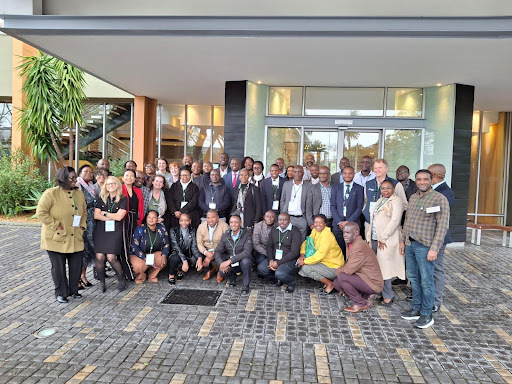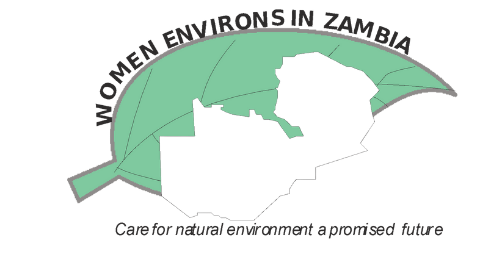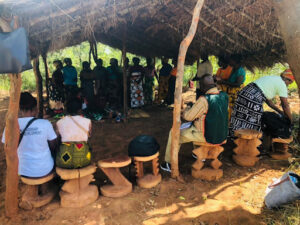WEZ attended a two-day meeting hosted by the International Centre for Genetic Engineering and Biotechnology (ICGEB) in Cape Town on 27th and 28th August 2024, which brought together key stakeholders in biopesticide regulation, integrated pest management (IPM), and sustainability across Southern Africa. The meeting, facilitated by ICGEB and various partners, focused on the progress and future of biopesticide regulation in six participating countries, including discussions on government adoption, regulatory frameworks, and the environmental and gender-related implications of these projects.
The meeting opened with welcome remarks from ICGEB and the Standards and Trade Development Facility (STDF), outlining the objectives of the gathering and providing a brief history of the project. This was followed by an overview of the independent End-of-Project assessment, which set the stage for discussions on regional harmonization of biopesticide regulations.
One of the central focuses of the discussions was the implementation of biopesticide regulatory systems. Government authorities from participating countries, including Zambia, presented their progress on creating regulatory frameworks for biopesticides. Each country outlined their plans, results, and timelines for domesticating these regulations, with insights from CropLife Africa Middle East and SABO providing industry perspectives. WEZ actively participated in discussions relating to Zambia’s implementation strategy, advocating for greater involvement of women farmers in the development of environmentally sustainable farming solutions.
The meeting also covered key findings related to pesticide residue management, with participants sharing new data on biopesticide and conventional pesticide combinations. WEZ emphasized the need to integrate gender considerations into these strategies, ensuring that rural women farmers have access to biopesticide technology and training.Other significant discussions involved the establishment of IPM strategies for key crops and pests, where the group explored how biopesticides can reduce environmental impacts while supporting sustainable farming practices. WEZ contributed to these discussions by highlighting its work in rural Zambia, focusing on empowering women to adopt sustainable agricultural practices. Cross-cutting themes such as gender and environmental impacts were also discussed, with WEZ emphasizing the importance of ensuring that women’s voices and environmental concerns are central to the implementation of biopesticide regulations. The organization showcased its efforts to train rural women in sustainable farming, with a particular focus on reducing pesticide dependency.
The second day included a thorough review of lessons learned from the project, addressing challenges faced by various countries, mitigation strategies, and the innovative approaches employed. Group discussions explored ways to sustain and scale up biopesticide projects in the future. The importance of developing country-specific sustainability plans was stressed, and Zambia’s plan emphasized the need for capacity building among women farmers, supported by WEZ’s ongoing initiatives. A panel discussion on sustainability at the regional level included contributions from academia, regulators, researchers, and industry representatives. The panel explored strategies for ensuring that the achievements of the project can be maintained and replicated beyond its completion. WEZ shared insights from its grassroots work, highlighting how gender-sensitive approaches and environmental conservation are integral to long-term sustainability.
In conclusion, the meeting summarized the key outcomes of the project, including harmonized biopesticide regulations and increased adoption by growers in two of the beneficiary countries, Tanzania and Kenya. The discussions provided a roadmap for future collaboration among stakeholders, ensuring that biopesticides become a cornerstone of sustainable farming practices in the region. WEZ left the meeting with a reinforced commitment to integrating biopesticide technology into its efforts to empower rural women farmers, ensuring that they remain at the forefront of environmental stewardship and sustainable development in Zambia.


